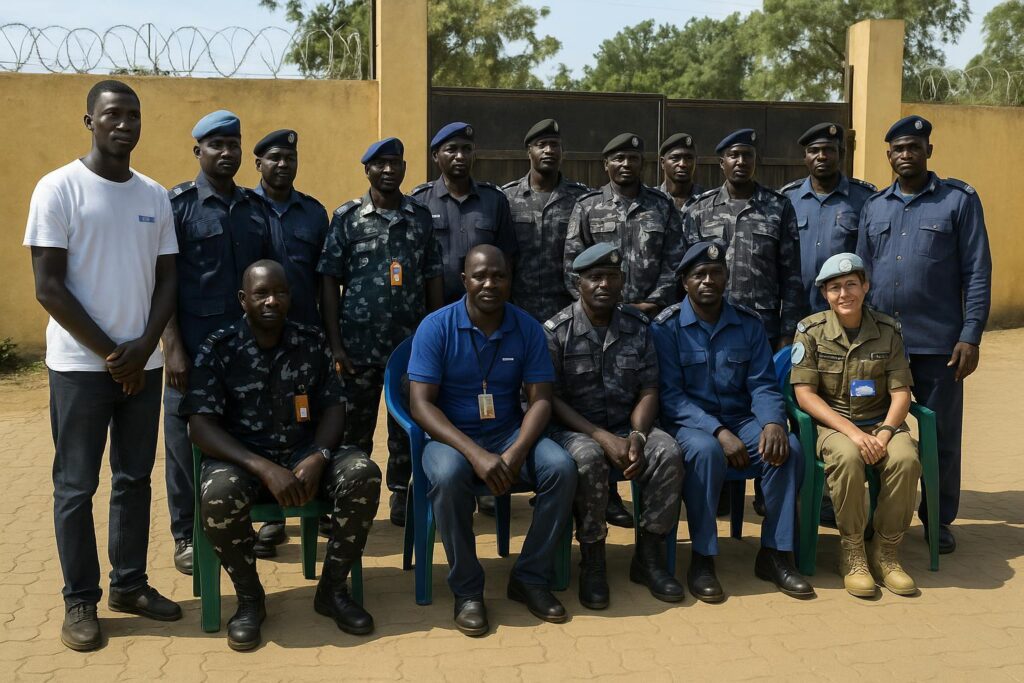Community Policing Gains Momentum
In Tonj South, a ten-day Training of Trainers has begun under the second phase of the Kong Koc Project, arming 21 officers from Warrap and Northern Lakes with modern community policing techniques designed to reduce violence and reassure civilians in cattle-herding counties.
United Nations Consortium Leads the Charge
Funded through the United Nations Multi-Partner Trust Fund, the initiative unites UNDP, WFP, UNMISS, ADRA, Peace Canal, Steward Women and TOCH, combining humanitarian reach with policing expertise to create a replicable model for locally owned safety across conflict-affected payams.
Training Tailored to Local Realities
Sessions cover crime prevention, evidence handling and dispute mediation, but facilitators weave in discussions on cattle migration routes, bride-wealth disputes and seasonal hunger, ensuring the curriculum reflects the everyday triggers of violence in the savannah stretching between Warrap and Rumbek.
Officers Welcome Fresh Perspective
Warrant Officer Santino Machar calls the course ‘timely’, noting that earlier patrols focused on arrests rather than outreach. Lieutenant Joseph Menmen adds that new communication drills will help officers engage youth, women and elders before tempers flare into gunfire.
Community Forums on the Horizon
Graduates intend to establish monthly security forums where chiefs, church leaders and traders jointly map hotspots with police. The aim is early warning, transparent case follow-up and a visible partnership that discourages revenge attacks along contested grazing corridors.
Linking Local Safety to National Peace
UNDP Security Specialist Felix Cassim argues that grassroots confidence in the rule of law anchors the wider peace process. If communities feel secure fetching water or trading cattle, he says, negotiations on power sharing in Juba stand on firmer ground.
Sustaining Momentum After the Workshop
Implementing partners pledge logistical support for follow-up visits and radio talk shows to reinforce lessons. Local officials, appreciative of the external funding, underline that long-term peace ultimately depends on the communities themselves embracing dialogue over the rifle.


